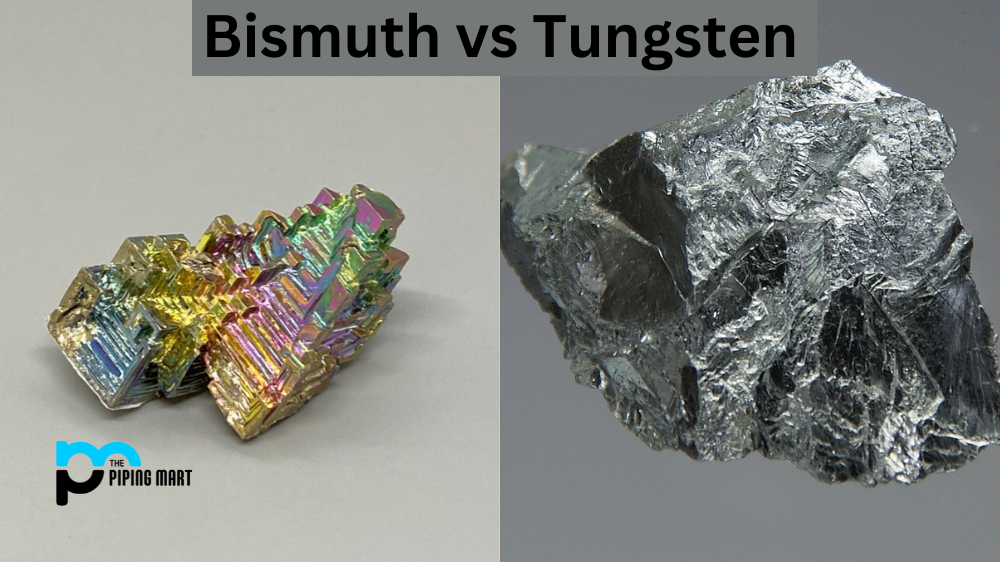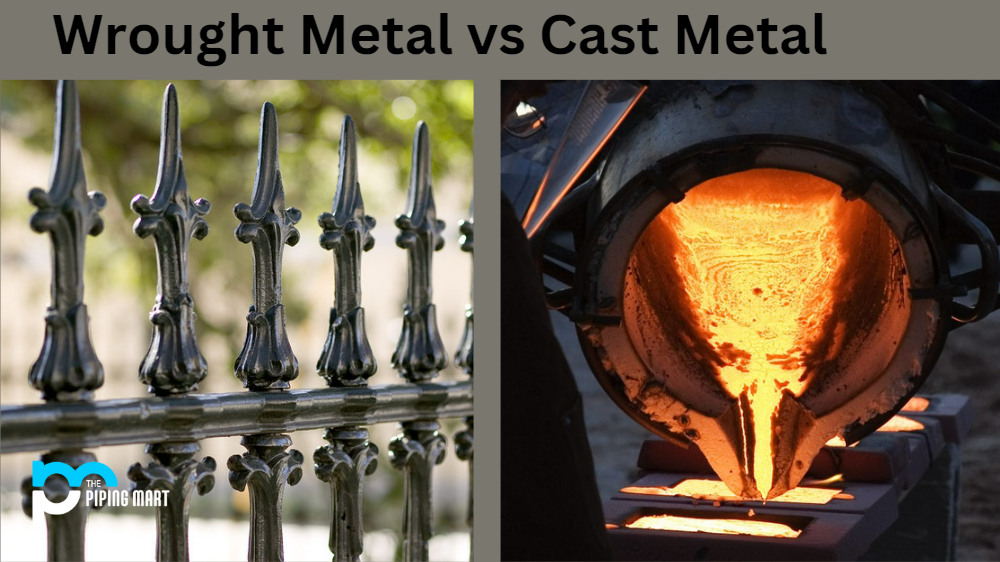When it comes to heavy metals, bismuth and tungsten are two of the most commonly used in a variety of applications. Although they share some similarities, these metals are fundamentally distinct and serve different purposes. This blog post’ll explore the differences between bismuth and tungsten and discuss which metal is better.
Difference Between Bismuth and Tungsten
Properties
Bismuth is a chemical element with the symbol Bi and atomic number 83. It is a dense, greyish-white metal with a low melting point and relatively low strength. It is known for its brittleness, non-toxicity, and ability to form crystals with unique structures. Bismuth has a range of applications, including in cosmetics, alloys, and pharmaceuticals.
Conversely, tungsten is a chemical element with the symbol W and atomic number 74. It is a dense, greyish-white metal with the highest melting point of all metals and excellent high-temperature properties. It is known for its strength, rigidity, and resistance to wear and tear. Tungsten is used in various applications, including light bulbs, electronics, and weaponry.
Cost
Bismuth is an affordable metal that is readily available and easy to obtain. It is one of the least expensive heavy metals and can be found in various forms for different applications.
Conversely, tungsten is a more expensive metal due to its scarcity and difficulty in mining. It is currently sold at a high premium and is often used in high-end applications where its unique characteristics are needed.
Toxicity
Bismuth is non-toxic and safe to use in a variety of applications. It is often used in cosmetics and pharmaceuticals due to its low toxicity and is not known to cause any adverse health effects.
Conversely, tungsten is a toxic metal that can cause harm if ingested or inhaled. Taking appropriate safety precautions when working with tungsten is important, as it can cause respiratory problems, skin irritation, and other health issues.
Applications
Bismuth has a range of applications, including in pharmaceuticals, cosmetics, and alloys. It is also used in various industrial settings, such as fire sprinklers and electrical fuses. Bismuth is often used as a cheaper alternative to lead, which is a toxic heavy metal.
Tungsten is used in high-end applications, including lightbulbs, electronics, and weaponry. Its unique properties, such as its high melting point and resistance to wear and tear, make it well-suited for these applications.
Conclusion
In conclusion, bismuth and tungsten are valuable metals with unique properties and applications. If you’re looking for an affordable and non-toxic metal, bismuth is a great choice. On the other hand, if you need a metal with high-temperature properties and resistance to wear and tear, tungsten is the way to go. Ultimately, the choice between bismuth and tungsten will depend on the specific application and your needs.

Meet Bhavesh, a seasoned blogger with a wealth of knowledge and experience. From metal products manufacturing to retail, Bhavesh has a diverse background in various industries and is dedicated to sharing his insights and expertise with readers.




